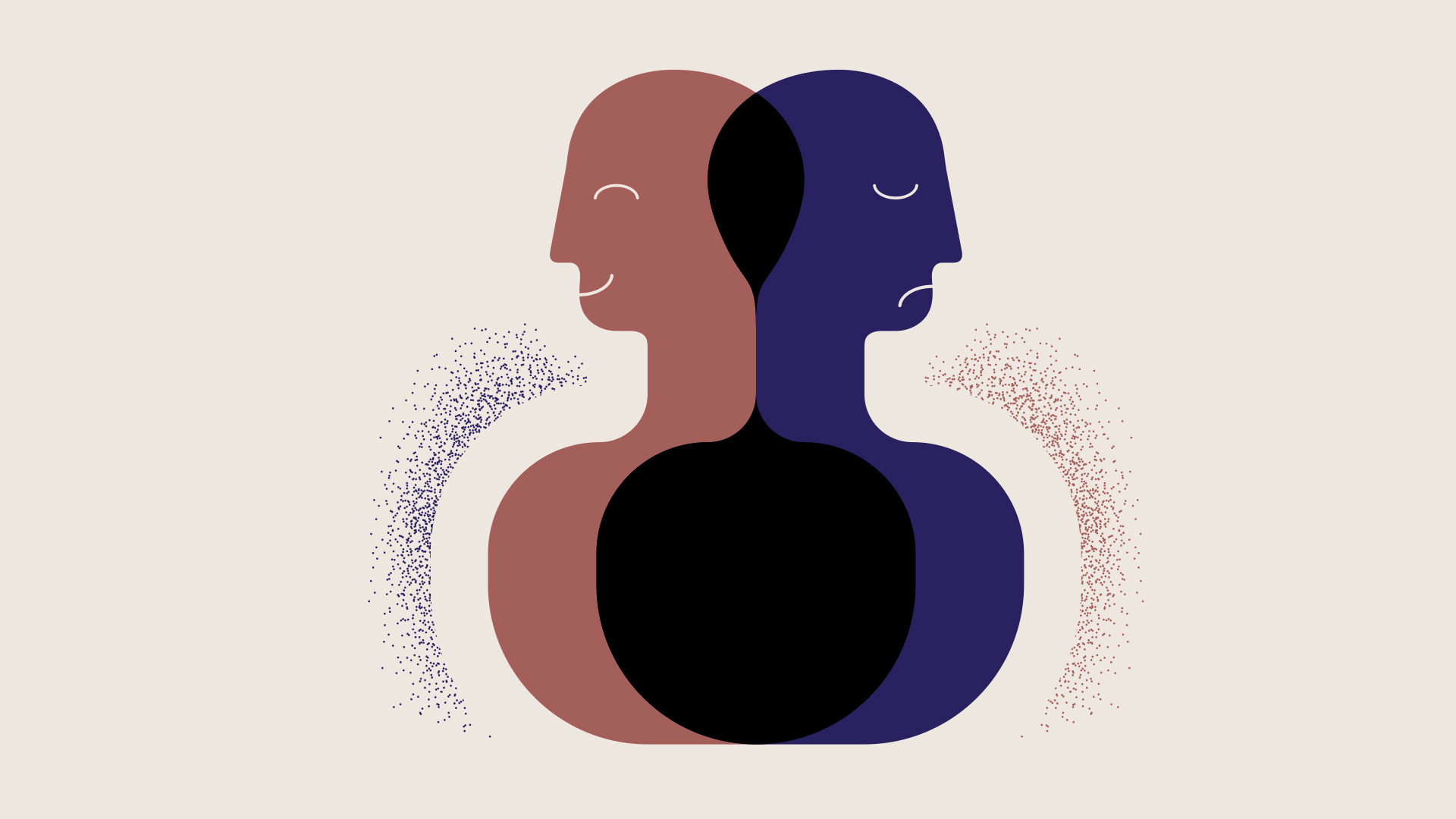Life is full of ups and downs that come in many unexpected moments. It oscillates from one extreme to another, from sorrow to celebration. It can be the joyful surprise of a long-awaited pregnancy or the grief from the sudden loss of a loved one.
Ecclesiastes chapter 3 begins with pairs of opposites that serve as poetic merisms to convey a sense of the totality of human endeavour in all its manifold forms.
It starts with the contrast of birth and death (verse 1) and ends with the opposites of war and peace (verse 8) – an envelope of ultimacy.
Within this poetic bracket, the passage covers a gamut of contrasting scenarios including planting and plucking, killing and healing, demolition and construction, sorrow and celebration, silence and utterance, love and hate.
Each activity has its season that serves as an integral moment in the rhythm of life. Eternity encounters contingent particularities, setting in sharp relief those moments that give pleasure and awe, purpose and fulfilment.
It causes us to be aware of the limitations of our human existence and the omnipotence of God.
With life’s conundrums and dilemmas, we need to step back to view the totality of our existence that goes beyond the immediacy of life, especially in moments of loss and disappointment.
None of us naturally gravitate towards pain, yet we don’t have an option. The pain of loss and disappointment can be overwhelming, and the more significant the loss, the more intense our grief. We think having answers can remove the pain in our hearts, but they don’t always fix the problem.
In 1 Thessalonians 4:13, the apostle Paul exhorts the church not to grieve like those who have no hope (NIV). According to Strong’s Concordance, the biblical meaning of the word ‘hope’ is a joyful and confident expectation of good from God.
Paul also exhorts us to ‘glory in our sufferings, because we know that suffering produces perseverance; perseverance, character; and character, hope. And hope does not put us to shame, because God’s love has been poured out into our hearts through the Holy Spirit, who has been given to us’ (Romans 5:3-5). God is good and His hope does not disappoint.
He has called the Church ‘the Body of Christ and the Family of God’, that we may strengthen one another (1 Thessalonians 5:14).
The author of Hebrews writes on the importance of the fellowship of believers in Hebrews 10:24-25 (NIV): ‘And let us consider how we may spur one another on toward love and good deeds, not giving up meeting together, as some are in the habit of doing, but encouraging one another – and all the more as your see the Day approaching.’
We can never be sufficiently prepared nor anticipate the surprises in life when they come knocking on our doors, but we can be confident of this: Christ in us, the hope of glory (Colossians 1:27).
God is not the initiator of all things, but He can turn all things around for good. He turns our mourning into dancing, our sorrow into songs of joy.
Contrary to popular belief, time does not heal; only the Healer can mend our broken hearts and make us whole. We can always journey with His family and be strengthened on this journey of faith.











